These Are The Best Homemade Cleaners For Streak Free Windows

From mirrors to windows and beyond, these homemade cleaners will leave your shiny surfaces sparkling!
Back when I first started experimenting with making my own cleaning products, it didn’t take long for me to realize that Windex (or any type of window and glass cleaner) was one of the easiest types of cleaners to replicate at home. While the streak free shine of store-bought glass cleaners may seem like the result of advanced chemical wizardry, creating a great streak free homemade window cleaner is a lot simpler than you might think!
In fact, there are several ways to create an effective DIY window cleaner, and I’ll be sharing a few of the best homemade ones with you in today’s post! More specifically, I’ll be showing you how to make the three following window cleaning solutions:
- Easy Homemade Glass And Window Cleaner
- Non-Toxic Glass And Window Cleaner
- Outdoor Window Cleaner (yes, it's different!)
The first cleaner I’ll share below is a great all-purpose glass cleaner for everyday use, leaving everything from mirrors to window panes effortlessly shiny. For those interested in a non-toxic glass cleaner that’s free of harsh chemicals like ammonia, the second recipe in this post is a great candidate!
And finally, the third cleaning solution recipe I’ll be sharing in this post is my go-to solution and method for clean windows on the outside of my house. I used to dread this particular outdoor chore, but this method makes cleaning windows much less onerous!
No matter what type of glass surfaces need cleaning around the house, you’re sure to find the perfect homemade window cleaning solution right here in this post. (And because you skipped the Windex and made it yourself, that’s money, time, and effort saved too!)
Homemade Glass And Window Cleaner
You’ll need:
- 1 Tablespoon ammonia
- 1/4 cup rubbing alcohol
- 3 drops Dawn dish soap
- Water
- Spray bottle (16 oz)
Directions:
Carefully pour the ammonia, rubbing alcohol, and dish soap into a spray bottle, then fill the remainder of the bottle with water. Screw the spray top onto the bottle, then shake the spray bottle gently to mix.
How It Works
Ammonia and rubbing alcohol are not only effective cleaners in their own right, but they evaporate quickly too, which is crucial to that all-important streak free finish. Adding just a few drops of Dawn dish soap to this glass cleaning formula gives it a boost of grease-cutting power, so that even the greasiest fingerprints and smudges wipe away with ease!
Non-Toxic Glass And Window Cleaner
You’ll need:
- White vinegar
- Water
- Spray bottle
Directions:
Fill your spray bottle with equal amounts of white vinegar and water, replace the spray top, and shake to combine. (That really is all there is to it!)
How It Works
In addition to containing just two all-natural and non-toxic ingredients, the beauty of this glass cleaner is how effective it is against hard water spots and mineral deposits. It’s perfect for cleaning glass surfaces that are frequently exposed to hard water, like glass shower enclosures and patio doors.
To use it, just spray it onto spotty glass surfaces, let it sit for a few minutes to work its magic, then wipe clean. (Keep in mind that this vinegar-based solution doesn’t contain any fast-drying ingredients, so it won’t dry as quickly as the previous solution. After you spray, you may have to wipe the clean glass a time or two with your cloth to make sure you don’t leave any streaks behind!)
Outdoor Window Cleaner
You’ll need:
- 2 gallons warm water
- 1/2 cup dishwasher rinse aid
- 1/4 cup rubbing alcohol
- 1/4 cup ammonia
- 1/4 cup dishwasher detergent
- Bucket
- Hose with a sprayer attachment
- Long handled brush or mop
Directions:
Prepare the window cleaning solution by adding the warm water, rinse aid, rubbing alcohol, ammonia, and detergent to a bucket. Take the bucket outside along with a long handled cleaning brush, like a car wash mop or even a microfiber floor mop.
Before you start cleaning, give the windows a good spray with the hose to remove any surface dirt or grime. Next, dip your brush into the cleaning solution and scrub the windows thoroughly.
When you’re satisfied, spray windows thoroughly to rinse off the cleaning solution. Allow the glass to air dry, or use a squeegee to wipe off any remaining water, and continue around the house until all your windows are clean.
How It Works
Thanks to a combination of standard window cleaning agents like alcohol and ammonia and a couple of surprising dishwashing agents, this homemade window cleaner transforms a somewhat arduous chore into a simple and satisfying process! Even the grimiest outdoor windows are left crystal clear, drying quickly without a trace of spots and streaks.
When I’ve used this solution in the past, my clean windows have dried so quickly that I didn’t even have to bother using a squeegee or paper towels (though that may be one of the rare perks of living in such a dry climate!)
Tips For Streak Free Windows
- Looking for the perfect streak free shine on your windows, mirrors, and glass surfaces? Make sure you do the following:
- Work Top To Bottom. When cleaning windows, mirrors, shower doors, and other glass surfaces, always work from top to bottom to prevent drips and streaks from the top down.
- Give It Time. Give your glass cleaners time to work by spraying them on, then waiting a few minutes before wiping dry with a lint free microfiber cloth.
- Use A Clean Cloth. If your cloth isn’t totally clean (maybe your detergent didn’t get rinsed out all the way or you used fabric softener when you washed it), you’ll likely leave streaks behind. For this reason, you should avoid washing your cleaning cloths with anything that’s greasy or covered in stubborn residues. And skip the paper towels—they’re rarely lint free.
- Clean Windows Early. If you’re planning to wash your windows, be sure to do it early in the morning. The higher the sun gets in the sky, the warmer the windows will get, making them next to impossible to get clean. No matter how good your window cleaner is, a warm window will end up streaky!
What is your favorite glass cleaner?
Enjoyed the project?
Resources for this project:
See all materials
Comments
Join the conversation
-
 Melissa
on Feb 12, 2024
Melissa
on Feb 12, 2024
Ammonia should never be used to clean mirrors. It will damage the reflect material on back of the mirror. Ammonia shouldn't be used on glass either.
When mixed, vinegar and ammonia create a high-pH solution that can cause burns and skin irritation. The reaction between the two chemicals also releases heat, which can cause the container to explode or rupture.
The combination of vinegar and ammonia also produces chloramine vapors, which aretoxic gases that can be harmful to inhale. Exposure to these vapors can cause irritation to the eyes, nose, throat, skin, and lungs.
Vinegar is acidic, while ammonia is basic. When mixed, they cancel each other out and remove their cleaning properties. The result is a saltwater solution that doesn't clean windows.
-
-
 Rebecca Martin
on Feb 17, 2024
Rebecca Martin
on Feb 17, 2024
You can’t use ammonia for the inside of your car windows, or any windows with film on them it will damage your solar film.
-
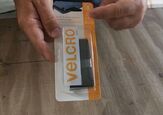
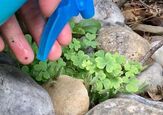

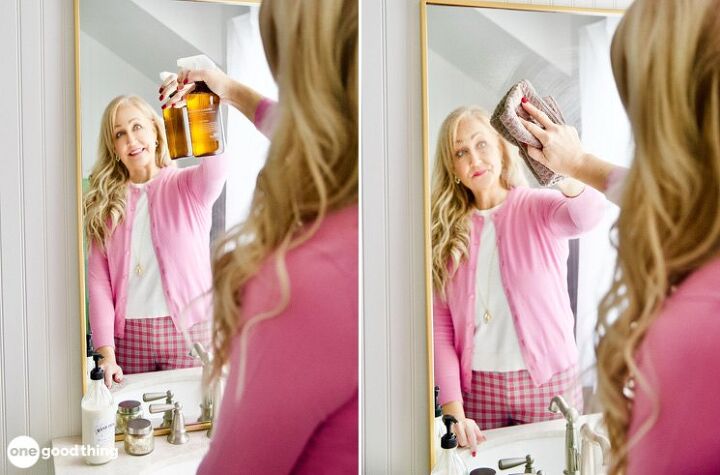
















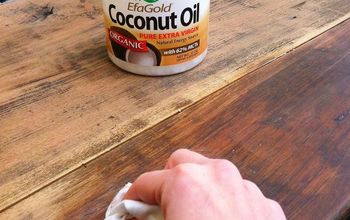




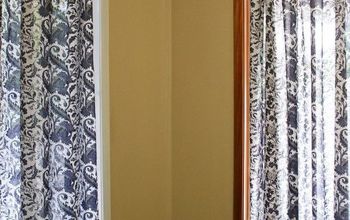

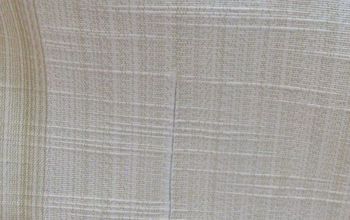
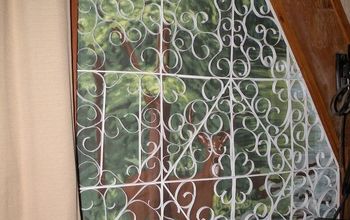
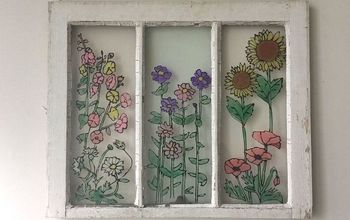
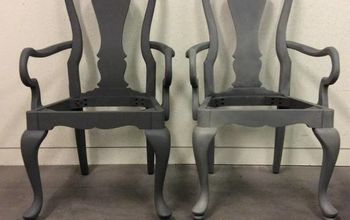
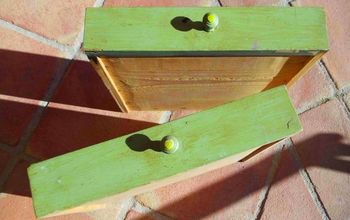


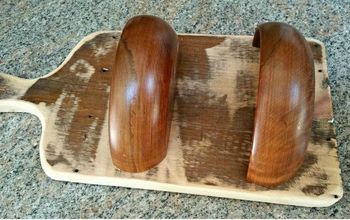
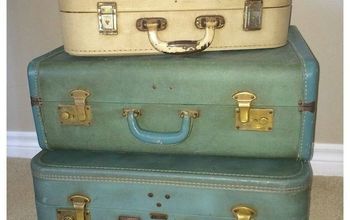
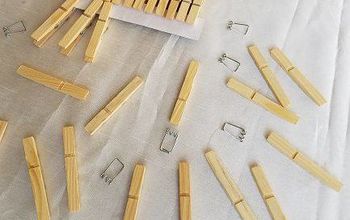

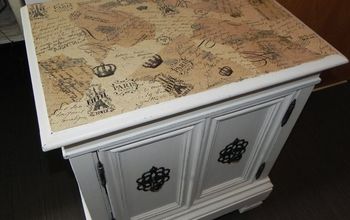
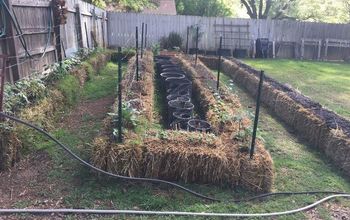
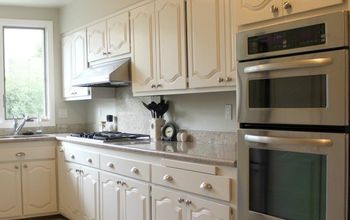
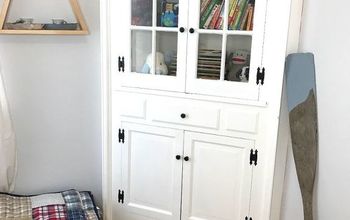
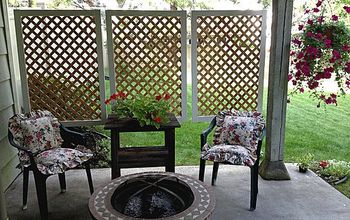
Frequently asked questions
Have a question about this project?
Which of these cleaning hacks would work best for car windows? Thanks